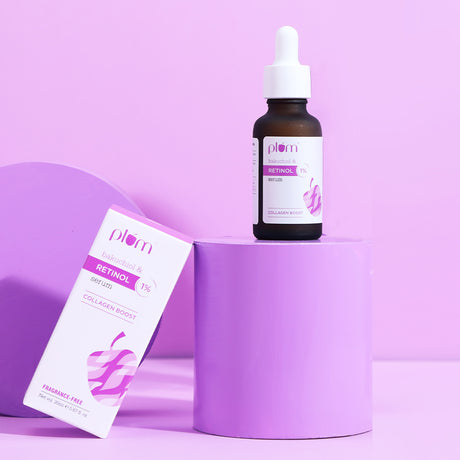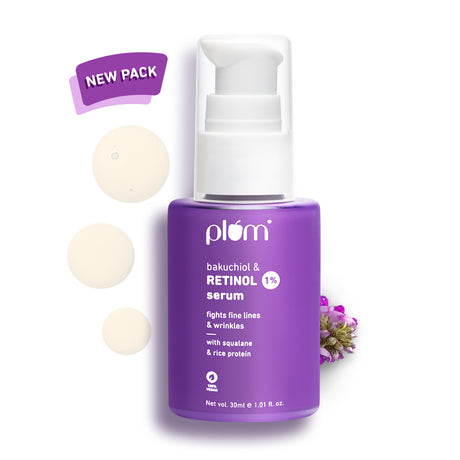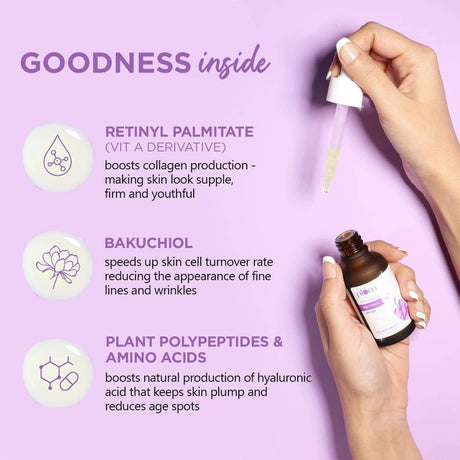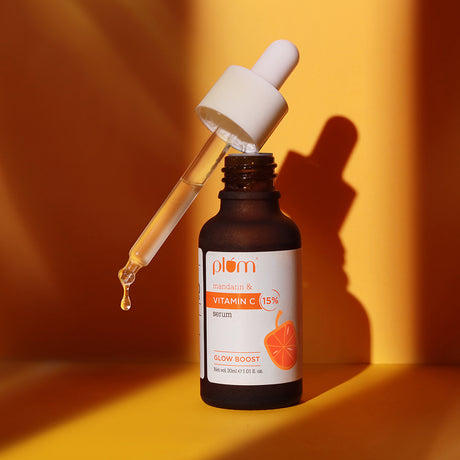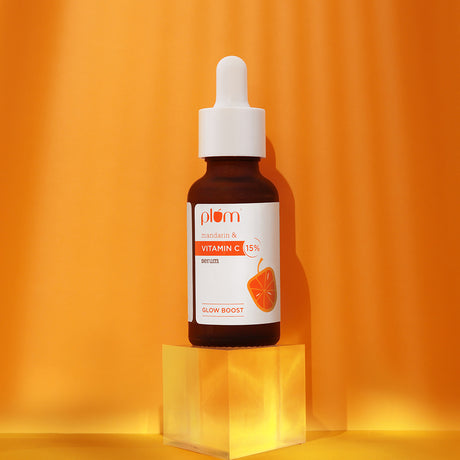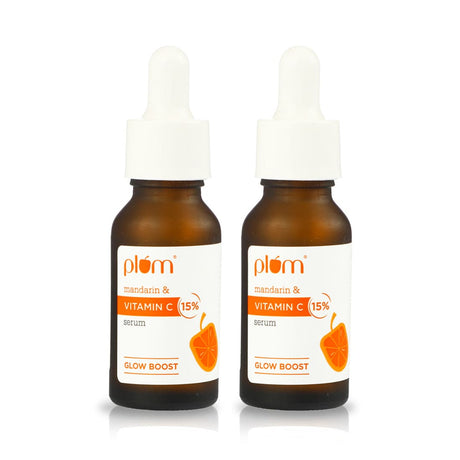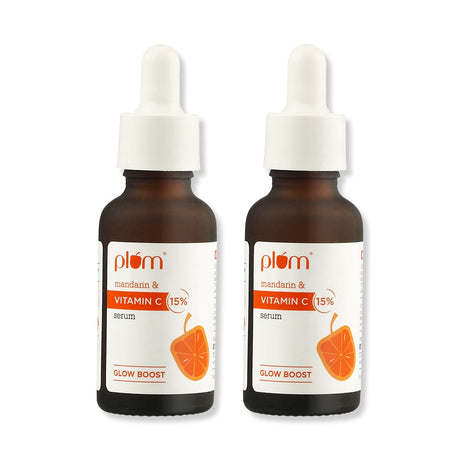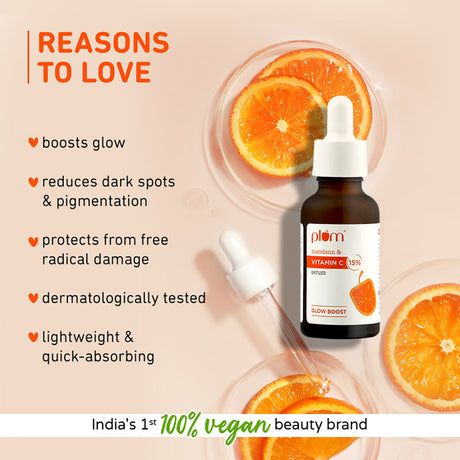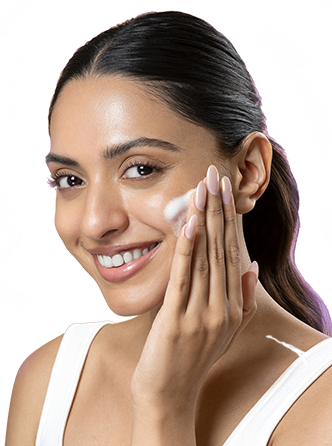
IN THIS ARTICLE
Serum benefits have made face serum become an increasingly popular skincare product in recent years. With its lightweight texture and highly concentrated formula, it has been touted as a potent solution for various skin concerns. This article will explore the benefits of face serum, the different types available in the market, and the uses of face serum.
What is Face Serum?
Face serum is a skincare product that is designed to deliver highly concentrated active ingredients to the skin. Unlike moisturizers, which primarily hydrate the skin, serums are formulated to address specific skin concerns such as fine lines, wrinkles, dark spots, uneven skin tone, and other signs of aging. The benefits of serum on face include targeted treatment for these issues, making it a vital component in achieving healthy skin.
Most serums are lightweight and fast absorbing, making them an ideal addition to any skincare routine. Applied after cleansing and toning but before moisturizing, face serum uses its concentrated formula to penetrate deeply into the skin, enhancing its effectiveness. Just a few drops are enough to cover the entire face, helping to reduce signs of aging and improve overall skin texture.
What are the Benefits of Face Serum?
1. Hydrates the Skin
Face serums are an excellent source of hydration for the skin. Most serums contain humectants such as hyaluronic acid serum, which attracts water molecules to the skin, keeping it plump and hydrated, commonly found in various products suitable for all skin types. This added hydration can help reduce the appearance of fine lines and wrinkles, leaving the skin looking more youthful and radiant. The benefits of face serum extend beyond hydration, as it also supports overall skin health and appearance.
2. Fights Aging
Serums are packed with antioxidants that help fight free radicals, which can damage the skin and cause premature ageing. Face serum uses include antioxidants such as vitamin C, E, and ferulic acid can help protect the skin from environmental stressors such as UV rays, pollution, and blue light. They can also stimulate collagen production, which is essential for maintaining skin elasticity and firmness.
3. Brightens the Skin
Many face serums contain ingredients that can help brighten the skin, reducing the appearance of dark spots, and evening out skin tone. Serum for face benefits include ingredients such as vitamin C, niacinamide, and alpha-hydroxy acids can help exfoliate the skin, promoting cell turnover and revealing brighter, more radiant skin. These ingredients highlight the benefits of serum on face by gently brightening & evening out skin tone, and enhancing radiance.
4. Reduces Inflammation
Face serums can also help reduce inflammation, a common cause of many skin concerns such as acne, rosacea, and eczema. Ingredients such as chamomile, aloe vera, and green tea extract have anti-inflammatory properties that can help soothe the skin and reduce redness and irritation. This highlights the serum benefits, showcasing how they can be a crucial part of your face serum uses.
5. Improves Texture
Regular use of face serum can help improve the overall texture of the skin. Ingredients such as retinol, glycolic acid, and peptides can help promote cell turnover, revealing smoother, more even-toned skin. These face Face serum benefits can also help reduce the appearance of fine lines and wrinkles, making the skin look more youthful and radiant. The benefits of serum on face are numerous, contributing to an overall improved skin appearance.
What are the Different Types of Face Serums?

1. Hydrating Serums
Hydrating serums or face serums for dry skin are designed to provide the skin with an extra boost of hydration. They are ideal for people with dry or dehydrated skin and can be used in conjunction with a moisturizer to provide long-lasting hydration. Understanding the uses of face serum can help you maximize the benefits of serum on face.
2. Anti-Aging Serums
Anti-aging serums are formulated with active ingredients such as retinol, vitamin C, and peptides, which help fight the signs of aging. They can help reduce the appearance of fine lines and wrinkles, improve skin texture and tone, and promote collagen production
3. Brightening Serums
Brightening serums are designed to reduce the appearance of dark spots and uneven skin tone. They contain ingredients such as vitamin C, niacinamide, and alpha-hydroxy acids, which can help exfoliate the skin, revealing brighter, more radiant skin. These face serum benefits make them a popular choice among those looking to enhance their complexion and overall skin health
4. Acne-Fighting Serums
Acne-fighting serums are formulated with active ingredients such as salicylic acid and benzoyl peroxide, which help to unclog pores and reduce inflammation. They can be used to treat existing acne and prevent future breakouts, making them essential for effective serum uses for face
5. Exfoliating Serums
Exfoliating serums contain alpha-hydroxy acids (AHAs) or beta-hydroxy acids (BHAs) that help to exfoliate the skin, removing dead skin cells and promoting cell turnover. This process not only improves skin texture but also highlights the benefits of serum on face by reducing the appearance of fine lines and wrinkles
6. Vitamin C Serums
Vitamin C serums are formulated with high concentrations of vitamin C, which is a potent antioxidant that can help protect the skin from environmental stressors and brighten the complexion. These serums illustrate the face serum benefits effectively, as they can also stimulate collagen production, reducing the appearance of fine lines and wrinkles while demonstrating their uses of face serum
Factors to consider while choosing the right face serum
Choosing the right face serum can make a significant difference in the health and appearance of your skin. However, with so many options available in the market, it can be challenging to determine which one is right for you. Here are some factors to consider when choosing a face serum that highlights its benefits of face serum:
1. Skin Type
One of the most crucial factors to consider when choosing a face serum is your skin type. Whether you have dry, oily, combination, or sensitive skin, there is a serum that is specifically formulated to address your skin concerns. For example, if you have oily skin, look for a serum that is lightweight and oil-free, while if you have dry skin, choose a serum that is hydrating and nourishing. Understanding your skin type is essential for selecting the right serum, so consider learning "How to Determine Your Skin Type" to maximize the face serum benefits that align with your specific needs.
2. Ingredients
The ingredients in a face serum play a significant role in its effectiveness. Look for serums that contain active ingredients such as vitamin C, hyaluronic acid, retinol, or peptides, which have been clinically proven to provide serum for face benefits. Additionally, be aware of any ingredients that you may be allergic to or that may cause irritation or breakout.

3. Concentration
The concentration of active ingredients in a face serum is also important. A higher concentration of an active ingredient does not necessarily mean that it is more effective. In some cases, it can cause irritation or sensitivity. Therefore, it is essential to choose a serum with a concentration that is appropriate for your skin type and concerns to maximize face serum uses.
4. Texture
The texture of a face serum can also impact its effectiveness and how it feels on the skin. Some serums are lightweight and quickly absorb into the skin, providing serum for face benefits, while others are thicker and take longer to absorb. Consider your personal preference and the time you have in your skincare routine to determine which texture works best for you.
How to Use Face Serum
Using a face serum is simple and can be incorporated into any skincare routine. Here are the steps to follow:
-
Cleanse and tone the skin: Use a gentle face cleanser to remove any dirt, oil, and makeup from the skin. Follow up with a toner to balance the skin's pH levels.
- Apply the serum: Dispense a small amount of serum onto your fingertips and gently massage it into the skin. Focus on areas of concern, such as fine lines, wrinkles, or dark spots.
- Follow up with moisturizer: Allow the serum to fully absorb into the skin before applying moisturizer. This will help lock in the active ingredients and provide long-lasting hydration, enhancing the overall face serum benefits.
- Use sunscreen: During the day, be sure to apply sunscreen to protect the skin from UV rays, which can cause premature aging.
Final Thoughts
Face serum is an excellent addition to any skincare routine, providing targeted face serum benefits to the skin. With a wide range of serums available in the market, it's important to choose one that addresses your specific skin concerns. Remember to always patch test new products and introduce them gradually into your routine. With regular serum uses it can help improve the overall health and appearance of your skin, leaving it looking radiant and youthful while delivering the benefits of serum on face
FAQs
1. Can I use a face serum with other skincare products?
Yes, face serum uses can be enhanced when paired with other skincare products like a moisturizer, improving the overall effectiveness.
2. What are the face serum benefits?
Face serums provide targeted treatments for various skin concerns, offering hydration, anti-aging, and brightening effects.
3. How can face serum be used in a skincare routine?
Face serum uses include addressing issues like acne, dryness, and fine lines, providing concentrated treatment for each concern.
4. What benefits does a serum for the face offer?
Serum for face benefits include deep hydration, acne control, and anti-aging effects that improve skin texture and tone.
5. How does a face serum benefit the skin?
The benefits of face serum include smoother, more hydrated skin, and targeted treatment for specific concerns like pigmentation and aging.
6. What does serum do to face?
A serum helps target specific skin concerns by delivering concentrated active ingredients to hydrate, brighten, and reduce signs of aging.


